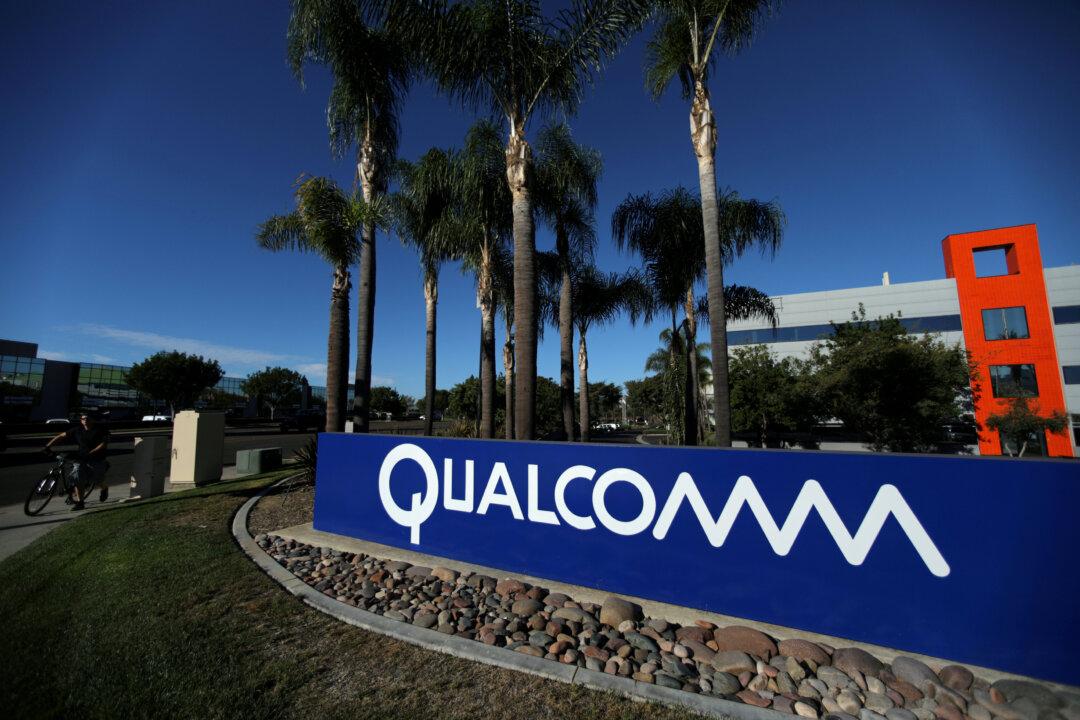Citing national security concerns, President Donald Trump blocked microchip maker Broadcom’s proposed takeover of Qualcomm on March 12, ending what would have been the technology industry’s biggest deal ever.
Government officials had expressed concern that the deal would give China the upper hand in mobile communications.
The presidential order reflected a calculation that the United States’ lead in creating technology and setting standards for the next generation of mobile cell phone communications would be lost to China if Singapore-based Broadcom took over San Diego-based Qualcomm, according to a White House official.
Qualcomm has emerged as one of the biggest competitors to Huawei, the Chinese-regime-friendly telecoms firm, making the former a prized U.S. asset.
Qualcomm had earlier rebuffed Broadcom’s $117 billion bid, which was under investigation by the U.S. Committee on Foreign Investment in the United States (CFIUS), a multi-agency panel led by the Treasury Department that reviews the national security implications of acquisitions of U.S. corporations by foreign companies.
In a letter on March 5, CFIUS said it was investigating whether Broadcom would starve Qualcomm of research dollars that would allow it to compete and also cited the risk of Broadcom’s relationship with “third party foreign entities.”
While it did not identify those entities, the letter repeatedly described Qualcomm as the leading company in so-called 5G technology development and standard setting.
“A shift to Chinese dominance in 5G would have substantial negative national security consequences for the United States,” CFIUS said. “While the United States remains dominant in the standards-setting space currently, China would likely compete robustly to fill any void left by Qualcomm as a result of this hostile takeover.”
National Security and Huawei
A White House official confirmed on March 12 that the national security concerns related to the risks of Broadcom’s relationship with third party foreign entities.
A source familiar with CFIUS' thinking had told Reuters that, if the deal was completed, the U.S. military was concerned that within 10 years, “there would essentially be a dominant player in all of these technologies and that’s essentially Huawei, and then the American carriers would have no choice. They would just have to buy Huawei (equipment).”





